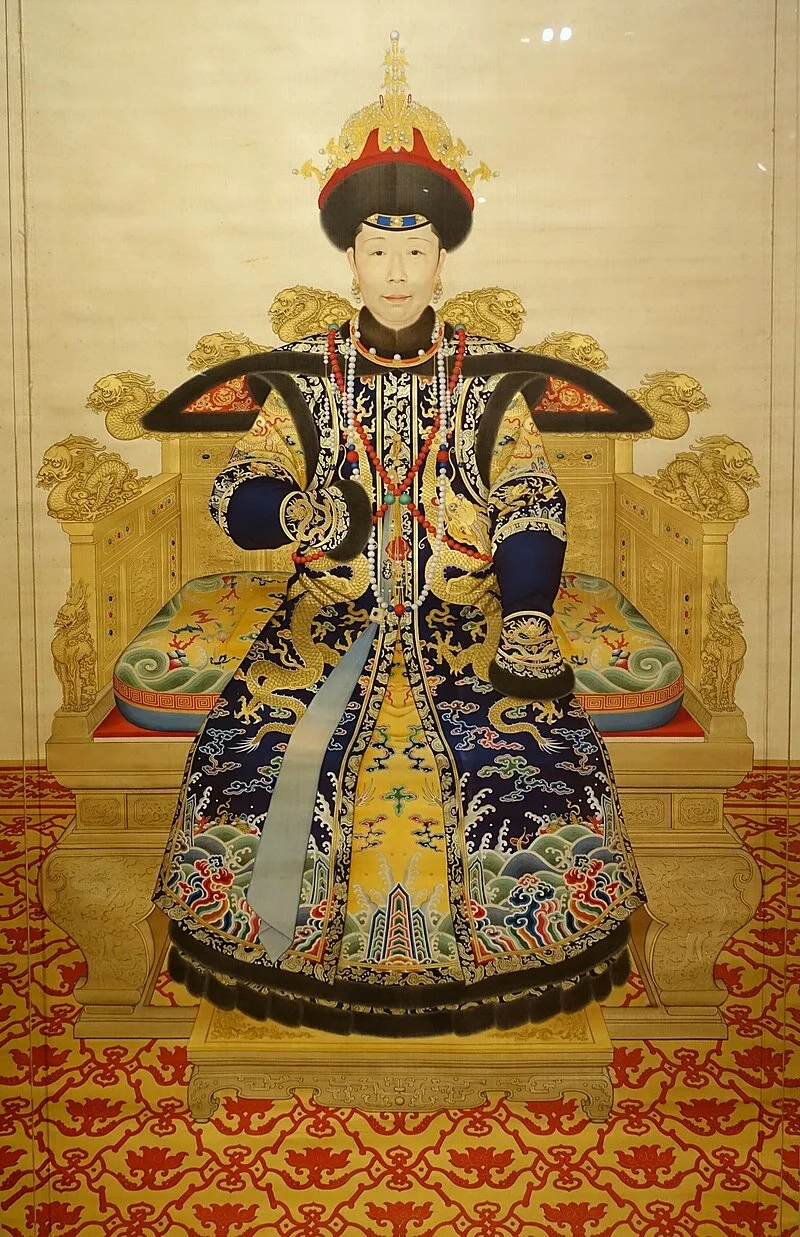
There’s a better way to experience Good Health
Chinese Medicine is uniquely suited to help you feel like your best self.
Hours of Operation
Medicinary Pickup Hours
Monday to Friday: 9am - 4pm
Saturday & Sunday: Closed
This node marks the final deepest decline of Yin Qi. But make no mistake, Yin has not disappeared and its depth and impact are still very much surrounding us. Read more the learn how to navigate the end of one cycle and the beginning of the next.
A diagnosis of deficiency in Chinese medicine is not as dramatic as it sounds. Metabolic resources are assigned in bodies to meet daily demands and sometimes those resources are insufficient. This piece explains what deficiency means clinically, how it develops, and how treatment rebuilds capacity over time.
The decline of Yin begins with this node and sets up the transition toward the young Yang of Spring.
As winter settles in, many bodies feel colder, stiffer, and more fatigued. Foot baths, moxa, and hot packs offer an easy way to restore warmth, improve circulation, support digestion, and make the season easier to move through.
The grandeur of Yin is on display during the longest night of the year. Learn more about what this point in the annual Yin Yang Cycle means for you.
Susan came in with sharp, radiating leg pain that made walking, sitting, and sleeping difficult. Acupuncture gave her targeted relief, while herbs supported deeper healing. With regular care, her pain eased — and she got her rhythm back. “I’m not adjusting anymore,” she said. “I’m just living.”
Qi Node 21 Greater Snow is a time of visions and magic. Our inner yang sees strange images in the Greater Yin dominating the environment.
In Chinese medicine, jīng 精 is your essence—your inherited strength, your reserves, and your potential. This post explores how jīng shapes health across a lifetime, its connection to modern ideas like genetics and epigenetics, and how everyday choices can help preserve and cultivate this vital foundation.
Xiǎoxuě 小雪, “Lesser Snow,” marks Winter’s quiet commitment.
Snow may not yet fall, but the cold has settled. Stillness becomes structure. This is the time to refine, not to begin—nourish deeply, seal the body from wind, and allow the descent. Let what remains grow deeper, smaller, and more essential.








Catching every cold that comes around? Chinese medicine looks beyond immunity to the deeper question of constitutional strength and how to rebuild it.